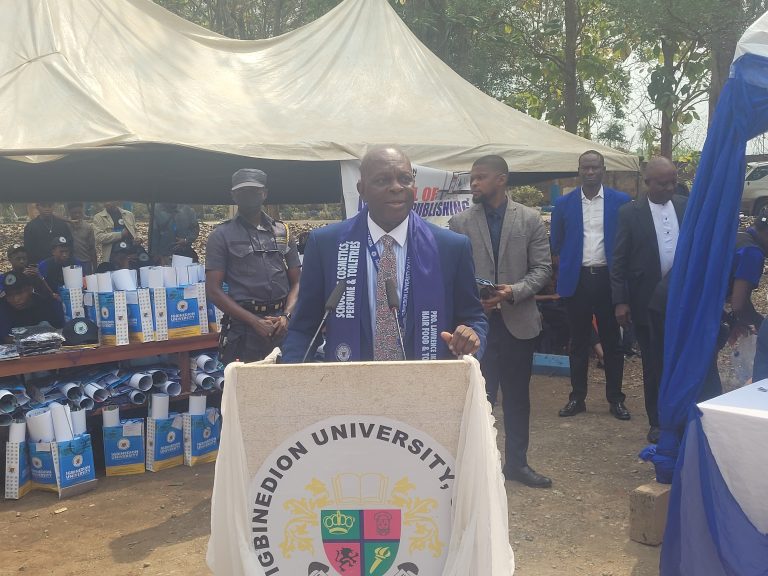
Stakeholders in the criminal justice sector have called for increased awareness and utilization of non-custodial measures to help decongest correctional centres in Nigeria.
This was the focus of a roundtable discussion held in Abuja on Monday, organized by the Prisoners Rehabilitation and Welfare Action (PRAWA) in collaboration with the Rule of Law and Anti-Corruption (RoLAC) programme.
Non-custodial measures, such as probation, parole, and community service, offer alternatives to imprisonment, ensuring that minor offenders are supervised outside correctional facilities.
In a welcome address, Deputy Controller of Corrections (DCC) Okoro Onyinyechi, who spoke on behalf of the Federal Capital Territory (FCT) Controller of Corrections, emphasized the need to strengthen alternative sentencing measures.
She noted that minor offenses and light sentences should not necessarily lead to incarceration, as this would help in reducing overcrowding in correctional facilities.
Earlier, the Attorney General of the Federation (AGF) and Minister of Justice, Lateef Fagbemi, SAN, represented by Yusuf Abdullahi, Deputy Director in the Ministry of Justice, in his address reaffirmed the government’s commitment to supporting PRAWA and other partners in the promotion of non-custodial measures to decongest the prison and reduce resources on the inmates.
Dr. Uju Agomoh, an Associate Professor of Criminology and Security, highlighted the need to deepen past efforts by identifying existing gaps and obstacles in the implementation of non-custodial sentences.
According to her, the current initiative builds on the successes of previous programmes and seeks to address challenges related to prison congestion.
Presenting a paper titled “Understanding Non-Custodial Measures: Framework and Institutional Mandate,” she noted that non-custodial practices have roots in African traditional justice systems but were overshadowed by English common law.
Dr. Agomoh decried the over-reliance on detention in Nigeria, pointing out that correctional facilities, particularly in urban areas, are overcrowded due to the high number of awaiting-trial inmates.
In contrast, she observed that correctional centres in rural areas are less congested. She attributed the overuse of imprisonment to an institutional obsession with custodial sentences among law enforcement agencies, judicial officers, and society at large.
She further emphasized that the Nigerian Correctional Service Act 2019 provides a legal framework for implementing non-custodial measures.
Drawing from international examples, she cited Rwanda’s post-genocide approach, which incorporated traditional justice mechanisms to address crimes while ensuring community-based rehabilitation.
Dr. Agomoh stressed the importance of accountability in non-custodial measures, stating that offenders should take responsibility for their actions while facing appropriate penalties.
She highlighted some of the consequences of custodial sentencing, including the deprivation of family presence, exposure to hardened criminals, and the long-term social impact on offenders.
Stakeholders at the meeting expressed the need for a more structured approach to enforcing non-custodial sentences under Section 37(1) of the Nigerian Correctional Service Act, which provides for alternatives such as community service, probation, and parole.
They called for stronger collaboration among the judiciary, law enforcement agencies, and civil society to ensure broader adoption and effective implementation of these measures.
According to them, non-custodial measures encourage restorative justice and benefit victims as well as offenders.
Also, in a remark, Joshua Gbenga Dada of the International Institute for Democracy and Electoral Assistance (International IDEA) urged the Ministry of Justice, the Judiciary, and other relevant stakeholders to take ownership of this project for the benefit of the people.




